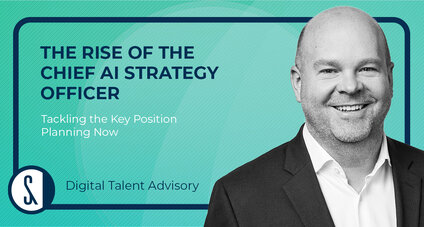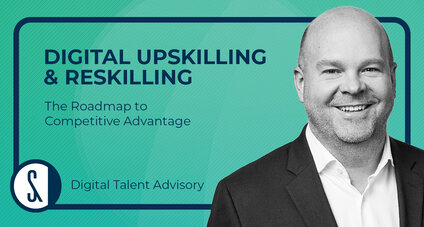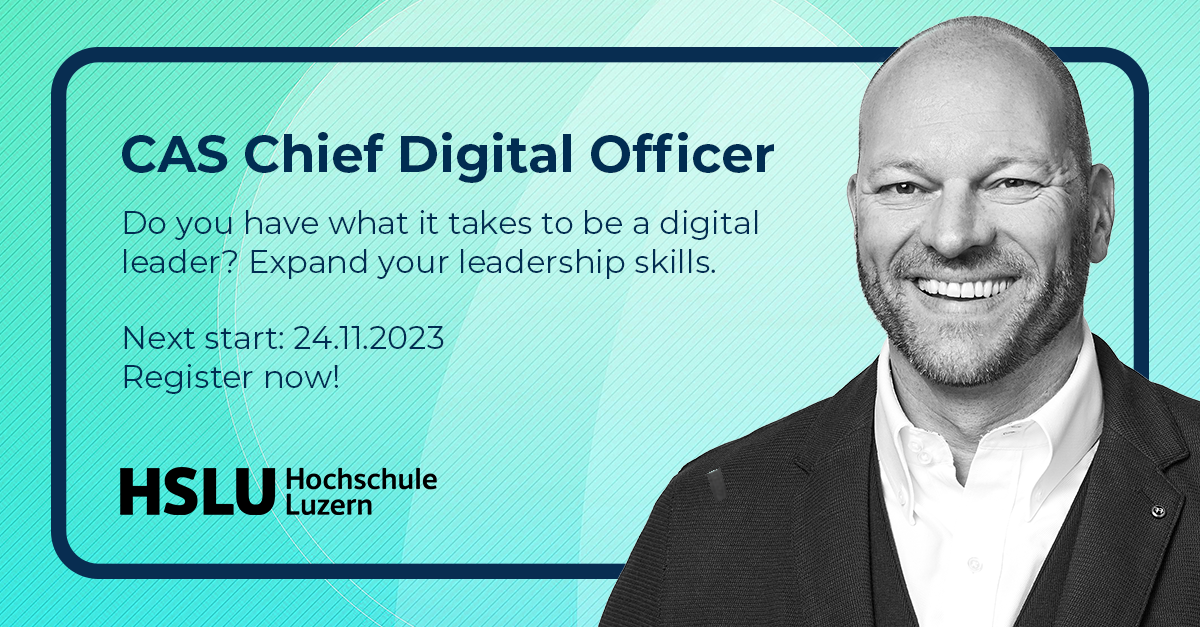
“We need a CDO! He’ll fix everything.”
If you knew how often I encounter that hope. With this attitude, many executive board members or boards of directors seem to be looking less for a human Chief Digital Officer and more for a heavenly guru or a digital messiah who will relieve them of all worries, homework and problems and bring them a digital miracle.
So it’s not surprising when you read a few months later that the highly praised miracle weapon called CDO has already left the company. What had gone wrong? The company wanted to be competitive in the digital change and ensure that it would remain so, according to the motto: We are now digital as well, after all, we have a CDO. I can confirm from experience that this attitude rarely leads to success. Why? There are many reasons and I would like to examine the three most important ones with you today.
1st reason: Phase-related requirement profiles
Any companies have a rough idea, but no exact clarity about which phase of the digital transformation they are in. In the first phase, which can take not just a few months but a few years, they need a completely different requirements profile than in the second phase. They need excellent change management and leadership skills as well as empathy and tact to gain the trust of the employees and to move them safely out of the comfort zone they have built up instead of driving them into inner resignation and resistance. It may also be that you deliberately put certain professional expertise in the background or delegate it to someone else. At the same time, you will use the time to prepare your internal resources and define the appropriate requirements profile for the coming phases and to prepare the internal talents for these tasks.
2nd reason: Pokerface instead of open cards
In a job interview, everyone tries to sell themselves as well as possible. This applies equally to the candidate and the company. But very often, too much poker is played and gambled away. Unrealistic promises are made. It quickly becomes apparent that these promises cannot be kept. Here it is important to play with open cards and to show the situation as it is. This applies to rational facts as well as to emotional factors such as the sensitivities that go hand in hand with the impending change. Honesty and transparency are the most important things, even if your ideal candidate then drops out. Sooner or later he will do so anyway, if he finds that budgets, responsibility and the necessary support for the next steps are not granted. This does not help anyone, on the contrary. Bluffs only cause frustration in the management of the company among the employees and last but not least among the customers, who feel the consequences of instability and poor performance.
3rd reason: scoring panic and impatience
Goal-scoring panic, impatience and blind actionism often lead to poor personnel selection. In our fast-moving world and especially in the digital change, speed is essential for success and for remaining competitive. But when it comes to personnel selection for such an important and critical position, foresight is required. In the end, a wrong choice costs you as an entrepreneur too much, not to mention the loss of time when you have to start the search all over again and possibly have to take on a new budget. In addition, there are the consequences for the internal and external reputation of a company. This does not mean, however, that you should not part with a miscast. Should this be the case, the following applies: Better an end with horror than a horror without end.
Conclusion: Whether you have already named a suitable CDO or are still desperately looking for one: A CDO is an important key player for you, but not a digital messiah. Digitization is not a sprint but a marathon and remains your top priority, especially in the critical start-up phase.










